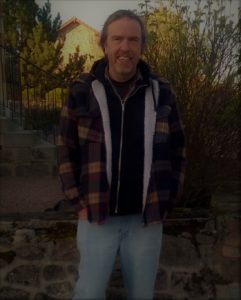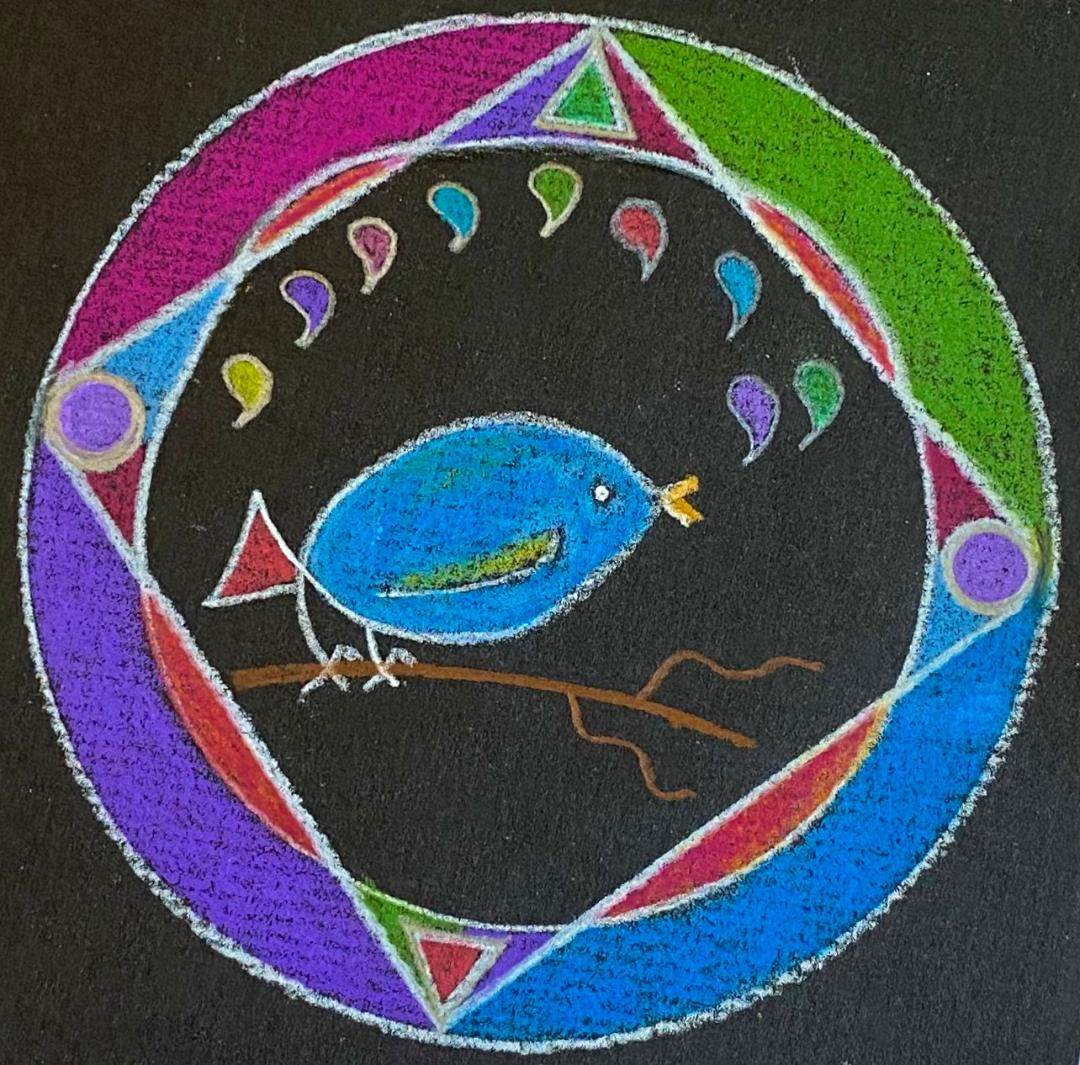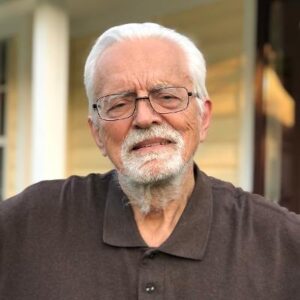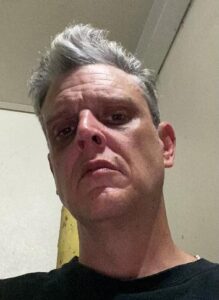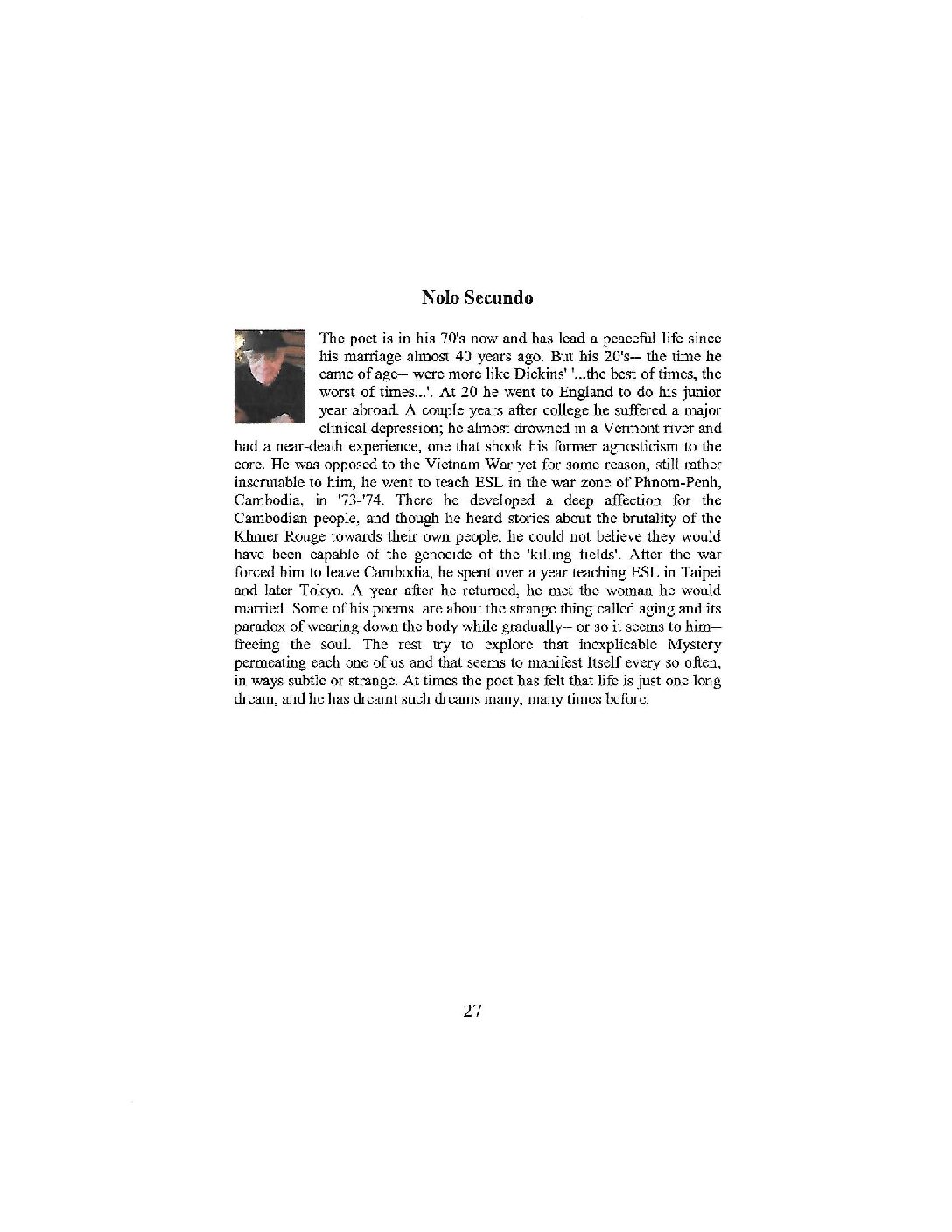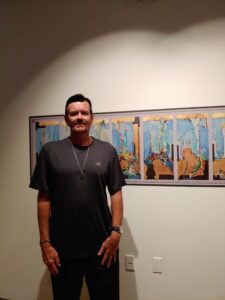Diaphanous, disingenuous
Parsed in the Planck intervals of me,
diaphanous, is it not you?
Yet impossible, disingenuous
this dichotomy: thirst
after the conjurings of sentience?
Parsed in the Planck intervals of me,
is it not you, ineffable ?
And yet the flood tides of rage
toss me over on the waters of life;
Gulf between eyes shut and open -
chasing after the web of thoughts;
Parsed in the Planck intervals of me,
is it not you, ineffable?
Who do I call, dear presence,
when called to act by the world,
true to my being and becoming?
Impossible this dichotomy:
diaphanous, disingenuous, ever
Dear electricity, what are bulbs to you?
Dear bulb of light,
what is electricity to you?
Do you like it in your corner
beaming in your shine, or
in a chandelier
adorning the nights?
Dear chandelier,
what is electricity to you?
Do you like it in your throne,
brimming in your shine, or
in a celebration
of glory lights?
O celebration,
what is electricity to you?
Do you like it in your vestal
ornamentation
of sundry occasions?
Ever humble unknown
flowing through the veins
this elixir of life that lights up
lamps, chandeliers -
one indivisible borderless,
yet bringing a hundred
filaments to celebration:
Dear electricity,
what are bulbs to you,
chandeliers and celebrations?
Darkness, darkness again
Night goes back to night, darkness darkness again,
no one cares for daylight now, when tears and stars
fill up the lakes shiver sharing in our grief,
where we sit in longing for one last time;
Desolation goes back to desolation, ingratitude
ingratitude again, our homes too unbeautiful,
Little, too freckled to house your poise,
steps that measured out the vast;
Silence goes back to silence, unfathomed
grief grief again, our hearts too frail for your love,
this hour of separation, we break our bangles
uninterrupted by the beat of the dhak;
Inconsequence goes back to inconsequence
mundane mundane again, that you must come
despite us being us, darkness darkness here:
light devoid of light and life devoid of purpose,
Everything goes back to everything
rudderless rudderless again, boatwoman,
who will to sing to us of the journey
to the fjord of wisdom, past the gulf of the dark?
Night goes back to night, darkness darkness again,
desolation goes back to desolation, ingratitude
ingratitude again, silence goes back to silence,
unfathomed grief grief again, inconsequence
goes back to inconsequence mundane mundane
again, everything goes back to everything
boatwoman, rudderless rudderless again -
just a prayer of longing, for one more glance

Prabhu Iyer is an Indian poet writing primarily in English. A scientist by training and practice, Prabhu weaves his quest of truth, beauty and goodness into his verse. An avid student of poetry, he is inspired by the spirit of the romanticists and transcendentalists, while also being influenced deeply by figures of the avant-garde, drawing upon such movements as cubism, surrealism and magical realism in the sense of gesamtkunstwerk or ‘total art’. He is also an ardent fan of popular lyrical poetry as manifested in the variegated Indian devotional, musical and film traditions. Prabhu’s work has appeared in anthologies and poetry journals including the PLT and long-listed a couple of times for the prestigious Erbacce Prize for poetry. He has published two volumes of poetry, ‘Ten Years’ exploring the themes of love and loss, while ‘The Hermit’ is a surrealist collection of poems. He is also working on releasing a collection of Haikus collated over many years, especially during the COVID lockdown. https://www.amazon.com/Prabhu-Iyer
Robin Ouzman Hislop is Editor of Poetry Life and Times at Artvilla.com ; You may visit Aquillrelle.com/Author Robin Ouzman Hislop about author & https://poetrylifeandtimes.com See Robin performing his work Performance (University of Leeds)


